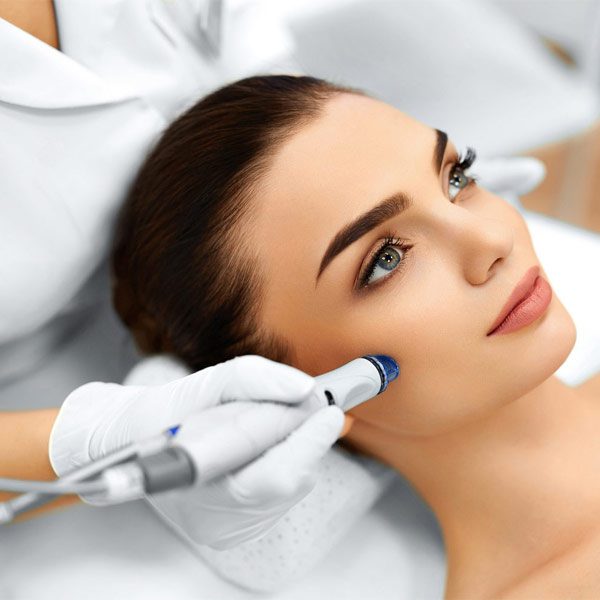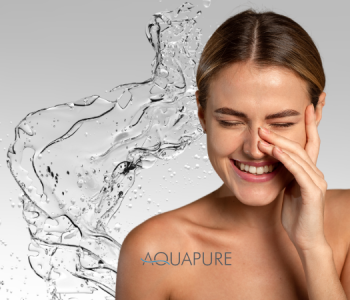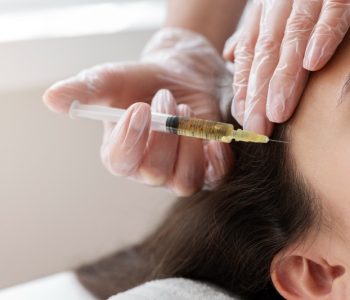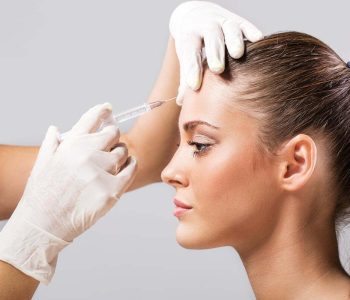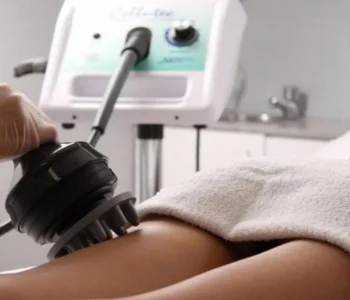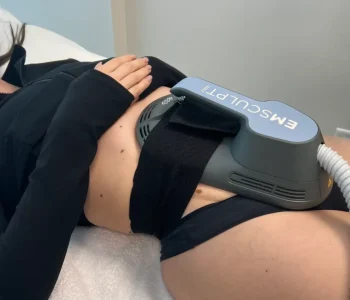HYDRAFACIAL NEDİR?
Hydrafacial adını ‘hidrat’ kelimesinden alır. Cildi nemlendirme özelliği Hydrafacial’ı diğer tüm cilt yenileme yöntemlerinden ayırır. Bu tedavi, ölü cilt hücrelerini ve kirleri temizlerken aynı zamanda taze cildi temizleyici ve nemlendirici serumlarla besler. Tedavi yatıştırıcı, ferahlatıcı ve tahriş edici değildir. En önemlisi, anında etkilidir ve aynı zamanda uzun süreli cilt sağlığına önemli katkı sağlar. Geliştirilmiş Vortex teknolojisi ile cilde zarar vermeden, cildin yenilenmesini sağlayan yöntem; ölü deri hücrelerini kaldırır ve gözeneklerdeki tüm kirleri emer, ardından gözenekleri besin açısından zengin serumlar “güçlendiriciler” ile besler. Bu uygulama klasik mikrodermabrazyon tedavilerinden çok daha naziktir. Bu nedenle çok hassas ciltlerde bile rahatlıkla kullanılabilir. Hydrafacial bakımı çok hızlı ve etkilidir, tamamlanması sadece 30 dakika sürer. Ayrıca, sonuçlar anında fark edilir ve iyileşme süresi gerekmez. Genel anlamda şu cilt rahatsızlıklarında işe yarar;
Yağlı, akne eğilimli cilt
Kuru cilt
Düzensiz cilt tonu
İnce çizgiler ve kırışıklıklar
Hiperpigmentasyon
Güneş hasarı
Yaşlılık lekeleri
Siyah nokta
HYDRAFACIAL NASIL UYGULANIR?
Hydrafacial uygulaması tek seansta toplam 4 yüz bakımı içerir: temizleme ve peeling, nazik bir kimyasal peeling, vakumlu emme ve nemlendirici serum. Bu adımlar, patentli bir HydraFacial cihazı kullanılarak sağlanır. Cilt tipi ve estetisyeninize bağlı olarak farklı etkileri olabilen geleneksel yüz bakımlarının aksine tutarlı sonuçlar verir ve tüm cilt tiplerinde kullanılabilir. Hydrafacial bakımı genellikle LED ışık tedavisi ile birlikte kullanılır. Mavi ışık sivilcelerin, kırmızı ışık ise kırışıklıkların görünürlüğünü azaltmaya yardımcı olur.
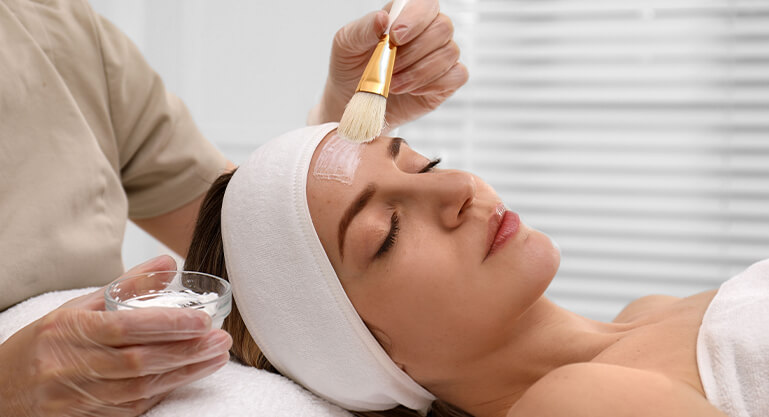
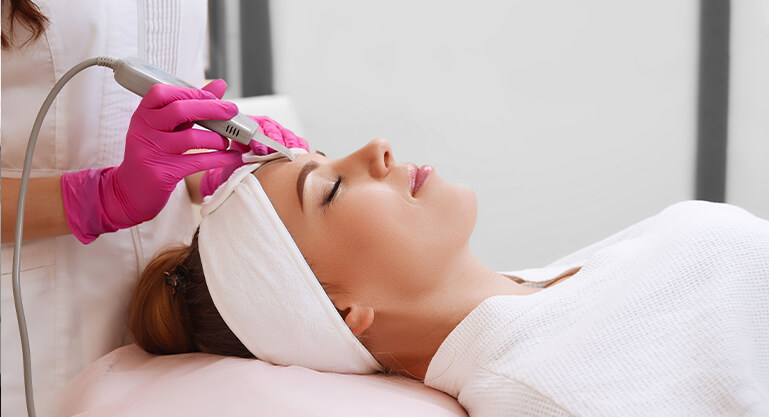
PEKİ HYDRAFACIAL TEDAVİSİ SIRASINDA NELER OLUR?
Bu uygulama ortalama 30 dakika sürer. Bu süreçte sırasıyla aşağıdaki gibi bir akış olur.
1 – Temizleme
Uygulama sırasında ilk adım temizlik ve pul pul dökülmedir. Cilt nazikçe temizlenirken gözenekler iyice açılır. Ölü cilt hücreleri ve sabun temizlenir. Uygulamanın bu kısmı elektrikli bir diş fırçasının cildinize nazikçe bastırılması gibi bir hisse benzer.
2 – Kimyasal Peeling
Ardından, kimyasal peeling kısmına geçilir. Genellikle tahriş edici veya ağrılı olan ve cildi günlerce kırmızı bırakan klasik kimyasal peelinglerin aksine, Hydrafacial, nazik ama etkili bir peeling için tahriş etmeyen salisilik ve glikolik asit karışımı kullanır. Bu adımın amacı, derin gözenek kalıntılarını gevşetmektir.
3 – Ekstraksiyon
HydraFacial’daki üçüncü adım ekstraksiyondur. Bu, adımda Hydrafacial cihazının siyah noktaları ve gözeneklerdeki kirleri çıkarmak için güçlü ama ağrısız vakumlu emme özelliğinin kullandığı aşamadır.
4 – Nemlendirici Serum
Son olarak, peptitler ve diğer faydalı besinlerle birlikte yatıştırıcı, tescilli bir antioksidan ve nemlendirici serum uygulamak için Hydrafacial cihazı kullanılır. Bu aşama, cildi detoksifiye etmeye, gençleştirmeye ve nemlendirmeye yardımcı olur.
Tedavi sonrası ayrıca ışık tedavisi veya dolgu gibi ek işlemlerle Hydrafacial bakımının etkisi artırılabilir. Bu işlemi yaptırdıktan sonra diğer medikal estetik işlemleri rahatlıkla yaptırılabilir. Diğer hizmetlerimiz olan Medikal Cilt Bakımı ve Botoks için işlemlerimiz sayfasına göz atabilirsiniz.
HYDRAFACIAL UYGULAMASININ AVANTAJLARI NELERDİR?
Tüm cilt tiplerine ve sorunlarına uygun:
Yağlı ve akneye meyilli, kuru ve pul pul olmuş veya karma bir cilt aynı oranda Hydrafacial uygulamasından fayda görür. Hassas cilde sahip olanlar bile güvenle birden fazla seansın keyfini çıkarabilir. Kuruluk, yaşlanma, kırışıklıklar, doku farklılıkları, akne/tıkanıklık gibi en yaygın cilt bakımı sorunlarının çoğunu hedefler. Ayrıca henüz herhangi bir tedaviye uygun olmayan Rosacea gibi cilt sorunlarında da etkili sonuçlar vermektedir.
Temizler ve nemlendirir: Hydrafacial yalnızca gözenekleri nazik bir şekilde temizlemekle kalmaz, aynı zamanda cilde peptitler, antioksidanlar ve hyaluronik asit içeren serumlar enjekte eder.
Cilt bariyerini korur: Cilde derinlemesine nem vererek, kalıntıları nazikçe temizlerken cildin bariyerini korur.
Cildi aydınlatır: Gözenekleri antioksidan açısından zengin serumlarla doldurduğundan, daha parlak bir cilde kavuşulur. Ayrıca, nemli cilt ışığı yansıtır ve çok daha parlak görünür.
Hızlı sonuç verir: Hydrafacial, başlangıçtan bitişe kadar sadece 30 dakika sürer ve tedaviden sonra herhangi bir bekleme gerekmez. Cilt dokusundaki ve tonundaki iyileşme hemen fark edilebilir, bu nedenle hastaların iyileşmeye veya kızarıklığın kaybolmasını beklemesine gerek kalmaz. Tedaviden hemen sonra makyaj yapabilir ve normal aktivitelere dönülebilir.
Özelleştirilebilir: Hydrafacial tedavisi benzersiz cilt ihtiyaçlarına ve estetik hedeflerine göre ayarlanabilir. Cildi aydınlatmak ve ince çizgileri ve kırışıklıkları gidermek için ek medikal işlemler kombine edilebilir. Ek olarak, vakumun emiş gücü, göz çevresi gibi hassas noktalarda daha hassas olacak şekilde ayarlanabilir.
Tutarlı sonuçlar: Tedavinin çoğu Hydrafacial teknolojisi tarafından kontrol edildiğinden, her seferinde tutarlı bir şekilde yüksek kaliteli bir tedavi elde edilir.
Ağrısız süreç: Hydrafacial uygulaması cilt üzerinde herhangi bir ağrıya neden olmaz. Bu özelliği ile sıklıkla tercih edilir.
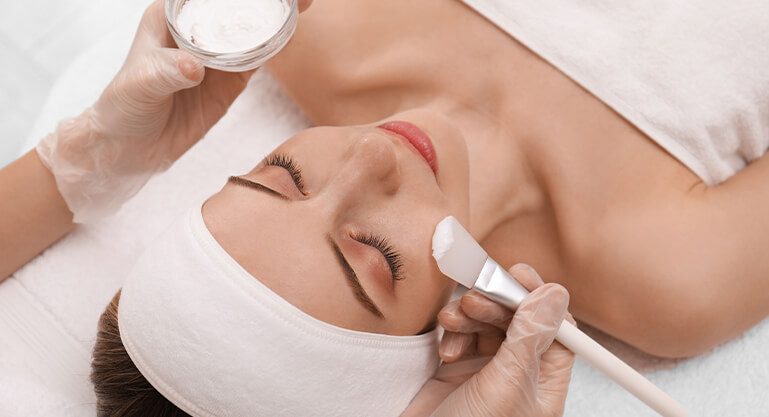
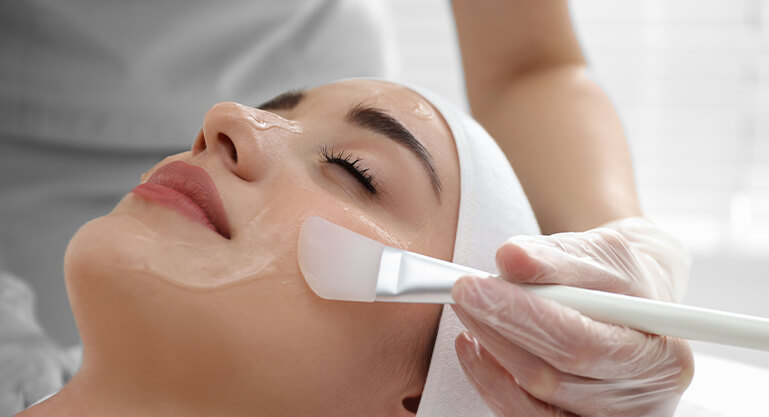
HYDRAFACIAL KAÇ SEANS UYGULANMALI?
Düzenli olarak yüz bakımı veya hidra-bakım rutininiz yoksa, yaklaşık 3 ay boyunca ayda 2-4 seans ile başlamak faydalı olabilir. Yüz, cilt sağlığı için daha iyi bir temel oluşturduğunuzda, ayda bir seans almak yeterli olacaktır. Tedavi amaçlı Hydrafacial uygulamalarında, birer haftalık aralıklarla 4 ile 6 seanslık bir kür uygulanır. Akneye meyilli ve yağlı cilt tiplerine sahip olanlar için bu tedaviyi 2-3 haftada bir yaptırmak daha iyi olabilir.
MEDİKAL CİLT BAKIMI İLE HYDRAFACIAL ARASINDAKİ FARK NEDİR?


